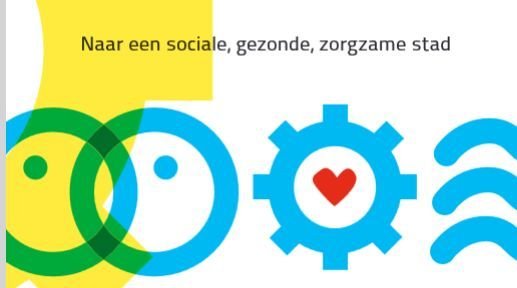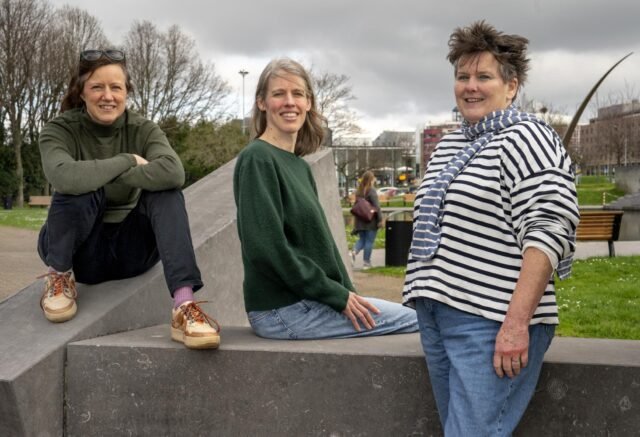In the context of broader developments with respect to urban health, this project (2017-2021) aimed to theorize, to empirically investigate and to stimulate the dynamics of citizen participation, intersectoral policies and social resilience in three closely related disadvantaged neighborhoods in Maastricht Northwest. The project was funded by ZONMw (393.053,- Euro)
We (Klasien Horstman, Mare Knibbe, Sanne Raap) conducted an in-depth ethnographic participatory research. This means that the research focused on everyday real life practices of citizen participation, intersectoral political and professional strategies, and promotion of social resilience and health. An important characteristic of an ethnographic approach is that it takes the symbolic-narrative meanings of life (of health, neighborhood life, participation, professional work etc.) very seriously. This implies that we did not consider the neighborhood as only a geographical zone, but also as cultural-infrastructural zone, with a specific biography and many narratives that mediate current relationships and activities. Many studies in LSES communities make clear that researchers struggle with problems with ‘reach’. An ethnographic participatory approach may help to overcome problems of ‘reach’.
In the context of this project we further developed University-with-the-neighborhood. This entailed co-organizing neighborhood lectures, a Philosophy Café in the neighborhood, a working group SociallyGreen to redesign the park and other initiatives to improve wellbeing in the neighborhood.









